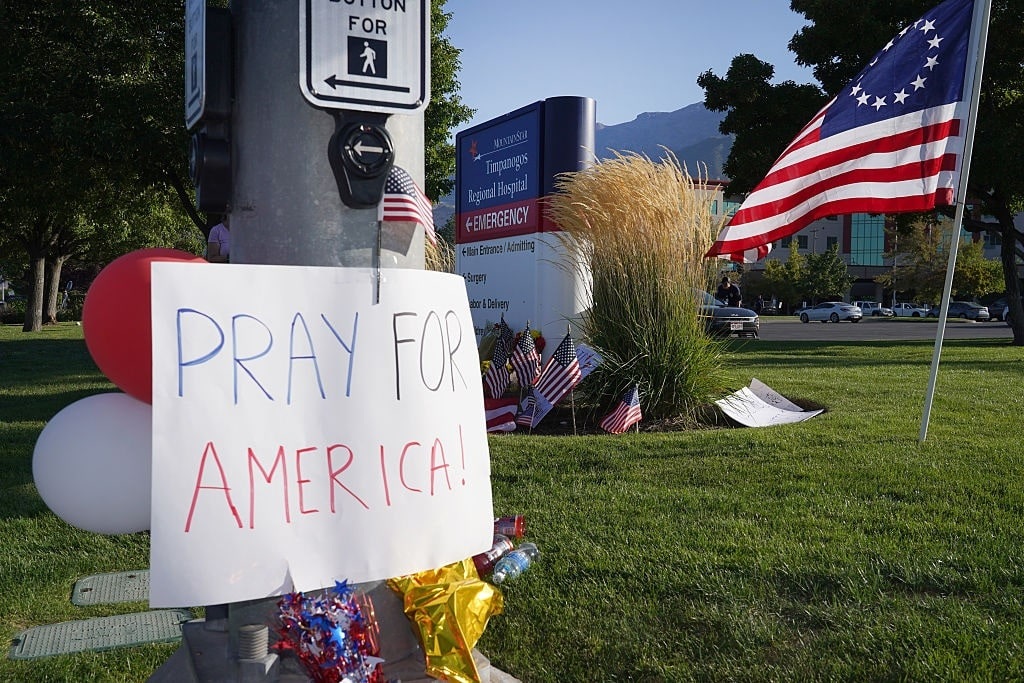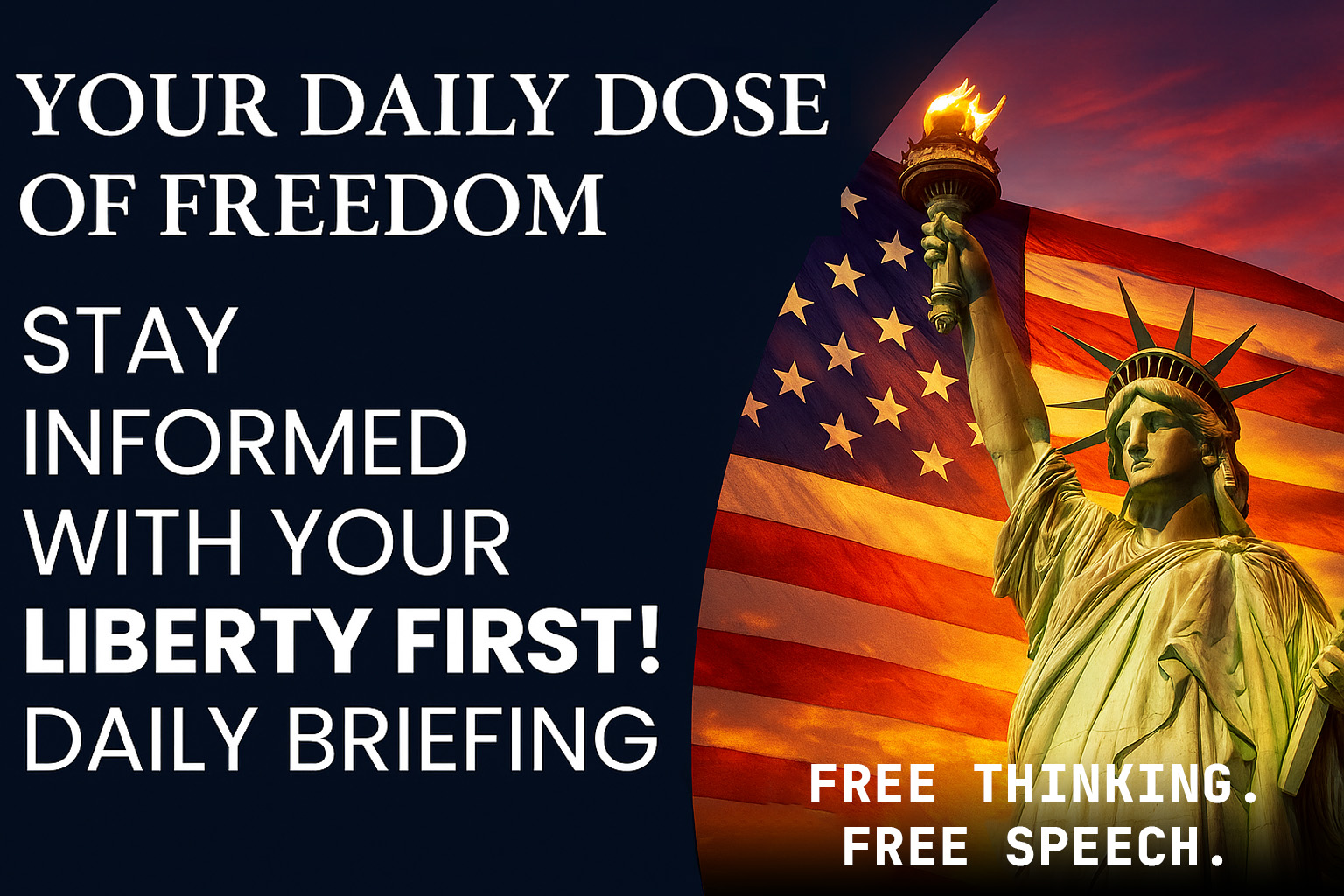


The word revival has been reverberating across the political and spiritual landscape all week as the memorial service for Turning Point USA founder Charlie Kirk began to sink into the consciousness of the Republic. Tens of thousands of people attended and millions more watched the tribute to the life and legacy of Kirk last Sunday, September 21. A reflection of the slain martyr, the service was a Christian event with political overtones – a mixture that many Americans find unsettling.
Vice President JD Vance’s remarks galvanized the issue when he said, “I have talked more about Jesus Christ in the past two weeks than I have my entire time in public life.” Without a doubt, the tribute to Mr. Kirk was part Billy Graham Crusade (complete with an altar call) merged with a conservative political rally. It is an uncomfortable nexus for non-religious Americans. So, what has happened since then?
What exactly is a revival? Also known as a “great awakening,” a spiritual revival is characterized by several factors, including a large number of personal conversions and great excitement, or “religious fervor.” BibleHub.com defines a revival as “a distinct and powerful move within a community of believers that rekindles love for God, deepens repentance from sin, and spurs widespread spiritual transformation.”

On the other hand, surveys by professional pollsters indicate that many Americans are not in favor of this movement of faith in the public square. Napolitan News Service found that 71% of Republicans agree that the obvious display of faith by politicians at Kirk’s funeral helps to unite Americans. However, only 28% of Democrats agreed, and “Almost a third (30%) say the public display of faith by politicians helps to divide Americans.”
Esteemed theologian J.I. Packer called revivals “God’s quickening visitation of his people, touching their hearts and deepening his work of grace in their lives,” according to The Gospel Coalition (TGC). It’s also worth noting that the Bible does not specifically reference revivals, but “it does reveal a pattern” for such movements within the texts. (The Gospel Coalition specifically references 2 Sam. 6, 2 Chron. 29, Ezra 9–10.) As revivals are usually referred to as “awakenings,” it should be noted that such an event involves a quickening of the spirit and a movement in the community of faith toward piety and away from sin.
For the most part, theologians agree that there have been four Great Awakenings in American History. Some would claim there are five and have listed the years of revival differently, but, for this article, we will use a popularly held outline of American revivals.
Jonathan Edwards and George Whitefield sparked the first between 1730 and 1755. The most significant sermon in that period – often referred to as the catalyst for the awakening – was one Edwards preached to his congregation in Northampton, MA, called “Sinners in the Hands of an Angry God.”
The Second Great Awakening didn’t occur until the year 1790 and arguably lasted until 1840. This spiritual movement had political overtones, as social reform was an integral part of its preaching. A key leader of the Second Awakening was Charles Finney.
Most theologians agree that D.L. Moody and William Booth sparked the Third Great Awakening between the years 1855 and 1930. And finally, the Fourth Great Awakening is said to have occurred during the so-called “Jesus movement” of the 1960s and lasted until the 1980s. As many remember, issues of social change, including civil rights, were a part of that era. Billy Graham is often referred to as a key leader in this movement, and it could be debated that Dr. Martin Luther King Jr. played a part as well.
So what do these movements have in common with current events? Well, a case can be made that if this were to be another Great Awakening in the US, who would be the catalyst? Could Charlie Kirk, at age 31 now martyred, be that person? Is there evidence of large-scale spiritual conversions? And finally, does it appear that a segment of the American population is being taken over by religious zeal?
It’s still too early for clear answers to these questions. Perhaps the critical characterization of whether Kirk’s death has sparked a revival lies in the fact that a Christian spiritual awakening may include a unique leader as well as changing societal and cultural events – both of which could apply to this time and place in American history. But above all, it must be recognized that a revival is the work of the Holy Spirit, not man.

